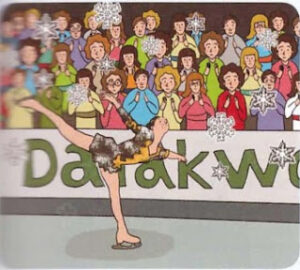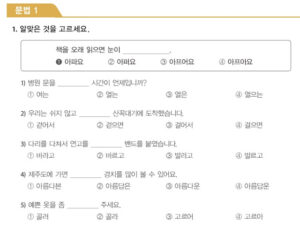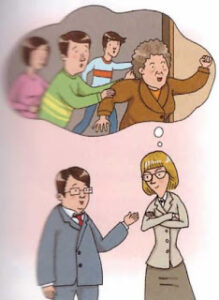
[Korean grammar] -고도 Expressing Contrasts and Opposites
가: 어제 모임에 여양 씨가 또 늦게 온 거 있죠? Yeoyang was late getting to yesterday’s meeting again. 나: 그렇게 안 늦겠다고 다짐을 하고도 또 안 지켰단 말이에요? Do you...
Free online Korean lessons, KIIP program

가: 어제 모임에 여양 씨가 또 늦게 온 거 있죠? Yeoyang was late getting to yesterday’s meeting again. 나: 그렇게 안 늦겠다고 다짐을 하고도 또 안 지켰단 말이에요? Do you...

-건만 is used when indicating that the content in the following clause is the opposite of the situation or result expected based on the content in the preceding clause. 가:...

가: 어제 휴일인데 뭐 하셨어요? Yesterday was a holiday. So what did you do? 나: 모처럼 친구를 만난 김에 영화도 보고 쇼핑도 했어요. 그랬더니 좀 피곤하네요. I met a friend...

가: 이번 여름에 해안선을 따라 여행을 해 볼까 하는면 동해안 쪽이 좋아요, 서해안 쪽이 좋아요? This summer, I’m planning to take a trip along the coast, but which is better,...

기 나름이다 is used to indicate that the result of something or a situation can end up differently depending on how some situation unfolds or how some behavior is performed....

가: 와, 진짜 맛있네요. 요리 솜씨가 좋으신데 무슨 특별한 비결이라도 있나요? Wow, this is really delicious. You’re so talented at cooking. Is there some special secret to your skill? 나:...

가: 무슨 생각을 그렇게 깊이 하고 있어요? 몇 번이나 불러도 못 듣고… What are you thinking about so deeply? You didn’t even hear me when I called your name several...

가: 요즘 방학이라 편의점에서 아르바이트 한다며? 어때? I heard you’re working part-time at a convenience store since you’re on vacation. How is it? 나: 일은 별로 안 힘든데 혼자 가게를...

가: 신문 기사를 보니 맞벌이 주부들이 참 힘들겠더라고요. According to a newspaper article, it seems that dual-income housewives must really have a hard time. 나: 맞아요. 가족들과 직장 동료들의 이해와...

가: 어제 아이스쇼 잘 갔다 왔어요? 대단했다면서요? Did you enjoy the ice show yesterday? Is it true that it was really incredible? 나: 네, 아주 멋있었어요. 공연이 시작되자 조명이 다...

가: 어제 정말 재미있었죠? 놀이공원에 가서 그렇게 즐겁게 시간을 보낸 게 몇 년 만인지 몰라요. Wasn’t yesterday a lot of fun? I don’t know how many years it’s been since...

•지금 어디에 살고 있어요? Where do you live now?•이사를 하면 어디로 가고 싶어요? Where do you want to live if you move? – 빌라: Villa– 아파트: Apartment– 원룸: (One room)...

┃제10과┃종합 연습 <Page 90> 문법 1 3: 산꼭대기: Mountaintop4: 연고: ointment (A medicament applied to the skin in order to heal a disease or wound on it)밴드: Band5: 고르다: to choose, to...

-는 셈치다 is used to hypothesize doing some action or to regard some state of affairs as being true. It is mainly used in the form -는 셈치고 to mean...

가: 부장님, 발표를 망쳐서 죄송합니다. 요 며칠 준비하느라고 밤을 새운 데다가 너무 긴장한 나머지 실수를 많이 한 것 같습니다. Manager, I’m sorry for botching the presentation. I think I made...

을망정/ ㄹ망정 is used when hypothesizing the content in the preceding clause. It indicates the subject’s strong will to choose the situation in the preceding clause if he or she...

-은들 / ㄴ들 is used to indicate the fact that even if you acknowledge some hypothetical condition given in the preceding clause, the result in the following clause will still...

을지라도/ ㄹ지라도 is used when indicating that even if one acknowledges or hypothesizes the situation or state of affairs described in the preceding clause, the situation in the following clause...

-더라도 is used to indicate that while the speaker acknowledges and accepts the possibility of the content in the preceding clause, it does not have any effect on the content...

가: 이거 프랑스 초콜릿이네요. 휴가 때 프랑스에 다녀 오셨나 봐요. This is French chocolate. It looks like you went to France on your vacation. 나: 네, 친정어머니가 손자를 보고 싶어...